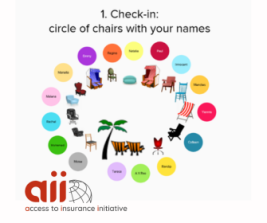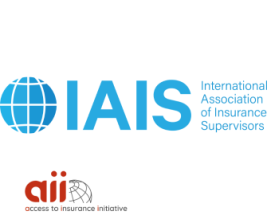South Africa's response to the Covid-19 pandemic
South Africa's response to the Covid-19 pandemic

South Africa’s fight against the Covid-19 pandemic started much later compared to the rest of the world with its first case only reported on 5 March 2020. The Government immediately responded with swift and decisive action by declaring a National State of Disaster and placing the country in total lockdown. A courageous decision, given the impact the lockdown would have on South Africa’s already struggling economy. However, South Africa’s response to the pandemic and President Ramaphosa’s leadership was praised by the WHO as the country battles the highest number of cases on the African continent.
South Africa adopted a risk-adjusted approach based on five levels to resume normal economic activity. With effect from 1 May 2020, the country moved from a level 5 which only allows essential services to operate, to a level 4 that provides for some restrictions on economic activity to be lifted.
The lockdown measures (including the prohibition of the sale of alcohol and tobacco products) are some of the strictest implemented across the globe and, although imperative to prevent the spread of the virus it has resulted in severe socio-economic and psychological distress to many of South Africa’s citizens. The country does not only have high levels of poverty and co-morbidity, but living conditions make social distancing challenging.
However, South Africans find considerable encouragement in the extraordinary and highly visible cooperation and collaboration that is taking place amongst all role players, including government, regulators, industry, some high-net-worth individuals and ordinary citizens. All are working together cohesively to achieve the same objectives with little or no political agenda.
Regulatory relief measures
To minimise the economic impact of Covid-19 Government implemented a fiscal stimulus package that is supported by complementary monetary and financial regulatory measures. The Financial Sector Conduct Authority (FSCA) and the Prudential Authority, who respectively are responsible for the conduct and prudential regulation of financial institutions, responded with various regulatory measures. The aim of these measures was to ensure the protection and fair treatment of customers, the safety and soundness of financial institutions and to assist financial institutions during this unprecedented time.
To ensure that customers are treated fairly through the entire product cycle, the FSCA communicated its expectations of conduct to insurers concerning advertising, new product development, changes to existing products, sales, premium collection, renewals, claims and complaints. The Authority strongly emphasised that profiteering off those that are vulnerable will not be tolerated and it further implemented regulatory measures to facilitate the delivery of premium relief to policyholders to no effect on their ability to claim or on the expected income of intermediaries.
Recognising the importance of customers understanding their rights and duties, the FSCA further published guidelines that customers can apply when considering their particular financial situation.
The promise of a coordinated response
Regular engagement between the regulators and industry resulted in additional relief not only for financial customers but also for financial institutions. Insurers widely communicated to policyholders the various relief measures that include payment holidays, premium refunds, premium reductions, reduced excesses, waiver of waiting periods, etc. Insurers further publicly undertook to expedite payments for work done by their small businesses suppliers to improve their cashflow.
Covid-19 has changed the way we conduct business and engage with each other. The challenges posed by the pandemic seem insurmountable and will certainly linger on for years to come. However, South Africa and her people have proven their resilience in our history and will overcome.
Share this article
Also in Blog















